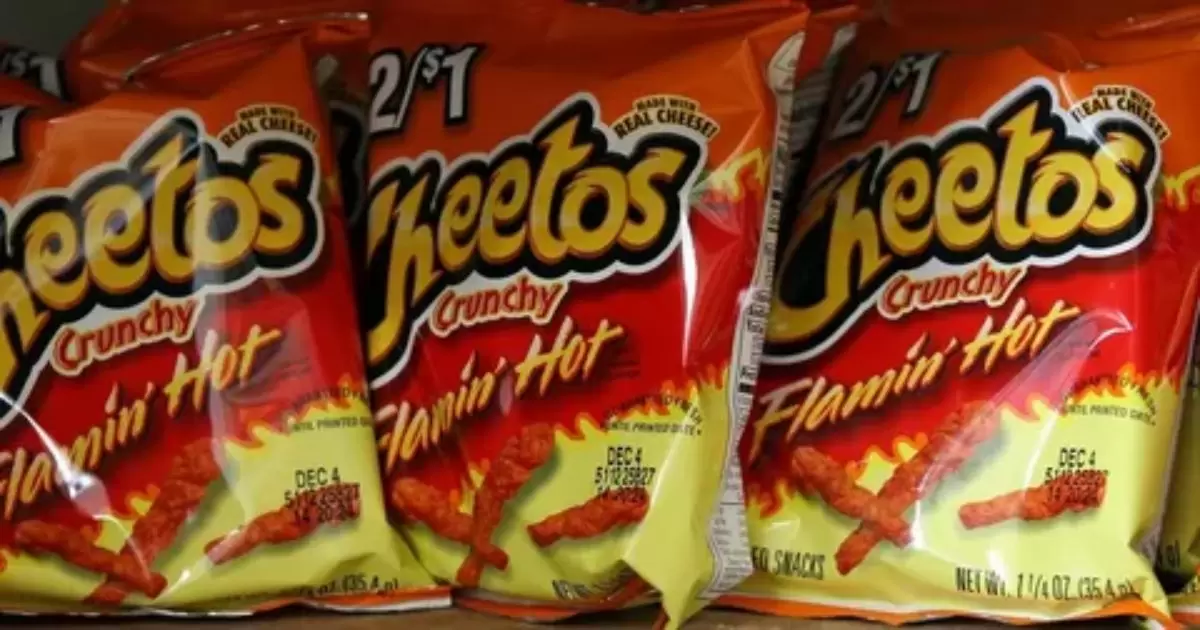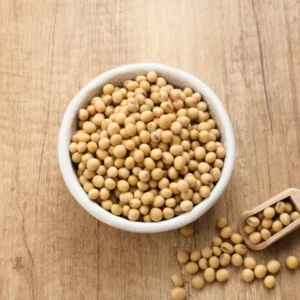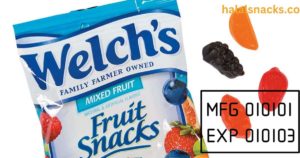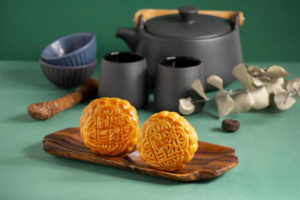In the vast world of snack foods, few have achieved the iconic status of Cheetos. These crunchy, cheesy, and often finger-staining treats have captured the hearts (and taste buds) of millions worldwide. But for Muslim consumers, a crucial question looms: Are Cheetos halal? This comprehensive guide dives deep into the ingredients, production processes, and religious considerations surrounding Cheetos, with a particular focus on the popular Flamin’ Hot variety. We’ll explore what makes a food halal, examine the stance of Islamic scholars, and provide you with the information you need to make an informed decision about this beloved snack.
The Cheetos Phenomenon: More Than Just a Snack

Cheetos burst onto the snack scene in 1948, the brainchild of Fritos creator Charles Elmer Doolin. What started as a simple cheese-flavored corn puff has evolved into a global snack empire, with Frito-Lay (a subsidiary of PepsiCo) at the helm. Today, Cheetos comes in a dizzying array of flavors and forms, from the classic crunchy variety to the wildly popular Flamin’ Hot line.
Fun Fact: Flamin’ Hot Cheetos, now a cultural phenomenon, were allegedly invented by a Frito-Lay janitor named Richard Montañez. While this origin story has been disputed, it’s undeniable that these spicy snacks have become a sensation in their own right.
Cheetos Variants: A Flavor for Every Palate
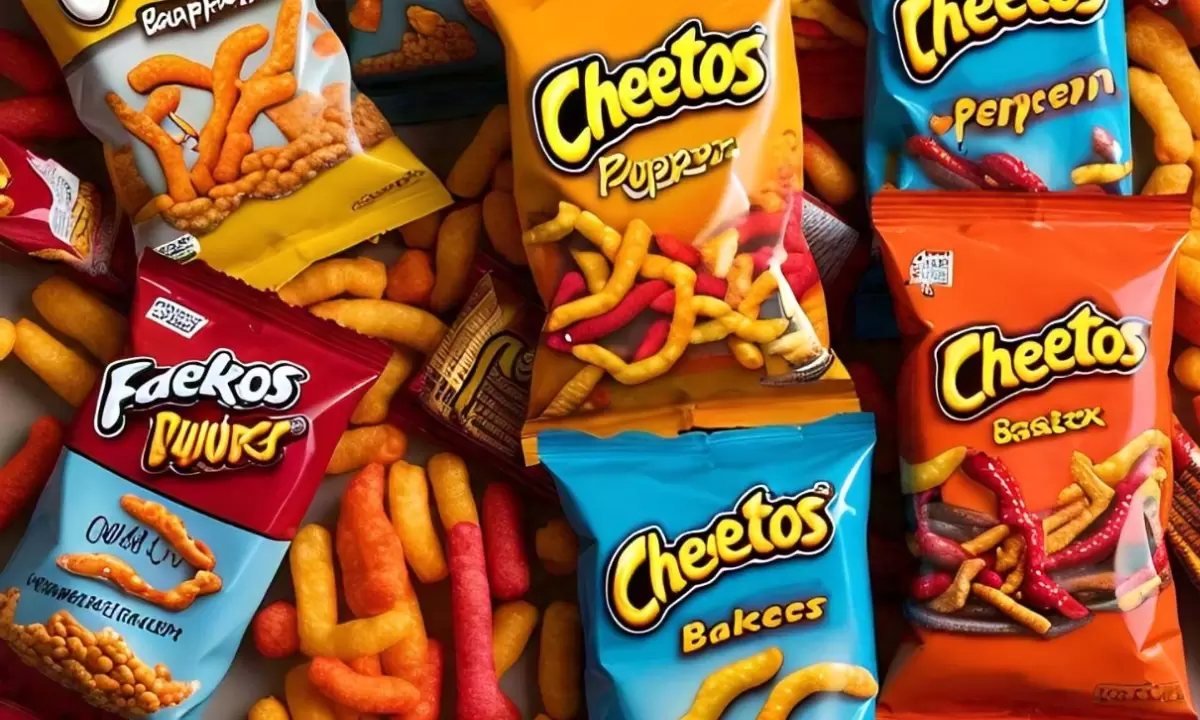
Cheetos offers an impressive range of products, each with its own unique flavor profile and texture. Here’s a quick rundown of some popular variants:
- Crunchy Cheetos
- Cheetos Puffs
- Flamin’ Hot Cheetos
- Cheetos Popcorn
- Cheetos Mac ‘n Cheese
- Cheetos Baked
- Cheetos Fantastix
This diversity of products adds another layer of complexity to the halal question, as ingredients may vary between different Cheetos varieties.
Decoding the Ingredients: The Heart of the Halal Question
To understand whether Cheetos can be considered halal, we must first examine their ingredients. While the exact formula may vary slightly between countries and specific varieties, here’s a general overview of what you’ll find in a bag of classic Crunchy Cheetos:
- Enriched Corn Meal
- Vegetable Oil (Corn, Canola, and/or Sunflower Oil)
- Cheese Seasoning
- Salt
- Whey
- Monosodium Glutamate
- Artificial and Natural Flavors
- Citric Acid
- Yellow 6
At first glance, many of these ingredients seem innocuous from a halal perspective. However, the devil is in the details, and several components warrant closer scrutiny.
Potential Red Flags for Halal Certification
- Cheese Cultures and Enzymes: The cheese seasoning in Cheetos may contain enzymes derived from animal sources, particularly rennet. If these enzymes come from non-halal animals or aren’t processed according to Islamic guidelines, they could render the product haram.
- Whey: While typically halal, the source and processing of whey can sometimes raise questions.
- Artificial Flavors: The exact composition of these flavors isn’t disclosed, leading to uncertainty about their halal status.
- Yellow 6: Some artificial colors have been known to use animal-derived ingredients in their production, though this is increasingly rare.
The Halal Certification Process: More Than Just Ingredients
Understanding what makes a food halal goes beyond simply examining a list of ingredients. The Islamic Food and Nutrition Council of America (IFANCA) outlines several key factors in halal certification:
- Ingredients: All components must be halal.
- Processing Aids: Any substances used in production, even if not present in the final product, must be halal.
- Production Facility: The entire production line must be free from cross-contamination with haram substances.
- Packaging: Materials used for packaging must not contain any haram substances.
Recognized halal certification bodies, such as IFANCA, JAKIM (Malaysia), and MUI (Indonesia), conduct rigorous inspections and audits to ensure compliance with these standards.
Cheetos’ Current Certification Status
As of 2024, Frito-Lay does not hold a blanket halal certification for all Cheetos products in the United States. However, the situation varies by country:
| Country | Certification Status |
|---|---|
| USA | Not certified |
| Canada | Not certified |
| UK | Some variants certified by Halal Food Authority |
| Malaysia | Certified by JAKIM |
| Indonesia | Certified by MUI |
It’s important to note that lack of certification doesn’t automatically mean a product is haram. It simply means the company hasn’t gone through the formal certification process in that particular market.
The Animal-Derived Ingredients Dilemma
The use of animal-derived ingredients in Cheetos, particularly in the cheese seasoning, presents the most significant hurdle to halal certification. Let’s break down the key issues:
Rennet in Cheese Production
Rennet, an enzyme crucial in cheese-making, can be sourced from:
- Animal stomachs (typically calves)
- Vegetable sources
- Microbial cultures
- Genetically modified organisms
From an Islamic perspective, only rennet from halal-slaughtered animals or non-animal sources is considered permissible. The challenge lies in determining the exact source of rennet used in Cheetos’ cheese seasoning.
Whey and Other Dairy Derivatives
While dairy products are generally considered halal, the processing methods and any additional ingredients used can affect their status. Whey, a common ingredient in Cheetos, is typically halal but may be subject to scrutiny depending on its source and processing.
Frito-Lay’s Stance on Halal Status
Frito-Lay, like many large food manufacturers, has adopted a cautious approach when it comes to halal claims. Their official stance, as communicated through customer service channels, can be summarized as follows:
“While many of our products may be suitable for Muslim consumers, we do not make any halal claims on our products. Ingredient formulations and manufacturing processes can change, and we recommend that consumers check the ingredient statement on each package to determine whether it meets their dietary requirements.”
This non-committal position reflects the complexity of global food production and the varying standards of halal certification around the world. It also highlights the importance of consumer vigilance in making dietary choices.
Regional Variations: A Global Snack, Local Ingredients
It’s crucial to understand that Cheetos’ ingredients can vary significantly between countries. For example:
- In some Muslim-majority countries, Frito-Lay has obtained halal certification for Cheetos products.
- In the UK, certain Cheetos varieties carry halal certification from the Halal Food Authority.
- In the US, while not certified, some varieties may use enzymes from microbial or vegetable sources, potentially making them suitable for halal diets.
This variation underscores the need for consumers to check product labels and certifications specific to their region.
Islamic Scholars’ Perspectives: A Spectrum of Opinion
The question of whether Cheetos are halal has been addressed by numerous Islamic scholars, resulting in a range of opinions. These perspectives generally fall into three categories:
- Permissible: Some scholars argue that in the absence of clear evidence of haram ingredients, processed foods like Cheetos can be considered halal.
- Doubtful: A middle ground position holds that while not explicitly haram, the uncertainty surrounding some ingredients makes Cheetos a food to avoid out of caution.
- Prohibited: A more conservative view maintains that without clear halal certification, products like Cheetos should be considered haram due to the potential presence of non-halal ingredients.
The Principle of Doubt in Islamic Dietary Laws
A key concept in Islamic jurisprudence is the principle of doubt, or “shubha.” This principle advises Muslims to err on the side of caution when faced with uncertainty about the permissibility of food.
Sheikh Muhammad Salih Al-Munajjid, a prominent Saudi scholar, summarizes this approach:
“If there is doubt concerning food, and one does not know whether it contains haraam ingredients or not, the basic principle is that it is permissible, but it is better to be cautious and avoid it.”
This guidance encourages Muslims to seek clarity about food ingredients and opt for certified halal products when possible.
Consumer Awareness: Navigating the Snack Aisle
For Muslim consumers looking to make informed choices about Cheetos and similar snacks, here are some practical tips:
- Read Labels Carefully: Look for clear ingredient lists and any halal certifications.
- Contact Manufacturers: Don’t hesitate to reach out to companies for more detailed information about ingredients and production processes.
- Seek Local Guidance: Consult with trusted religious authorities in your community for advice on specific products.
- Choose Certified Alternatives: When in doubt, opt for snacks that carry recognized halal certifications.
Halal-Certified Cheese Snack Alternatives
For those seeking halal-certified alternatives to Cheetos, several options are available:
- Halal-certified cheese puffs from brands like Oman Chips or Baked Rancrisp
- Vegetarian cheese-flavored snacks that use plant-based ingredients
- Locally produced snacks in Muslim-majority countries that cater to halal dietary requirements
The Flamin’ Hot Controversy: Spicing Up the Debate
Flamin’ Hot Cheetos, with their intense spicy flavor and cult following, present additional considerations in the halal debate. The extra seasonings and flavorings used in this variety introduce more potential sources of non-halal ingredients.
Key Ingredients in Flamin’ Hot Cheetos
In addition to the base Cheetos ingredients, Flamin’ Hot varieties typically include:
- Maltodextrin
- Salt
- Sugar
- Monosodium Glutamate
- Yeast Extract
- Citric Acid
- Artificial Color (Red 40 Lake, Yellow 6 Lake, Yellow 6, Red 40)
- Sunflower Oil
- Cheddar Cheese (Milk, Cheese Cultures, Salt, Enzymes)
- Onion Powder
- Garlic Powder
The artificial colors and additional flavorings in Flamin’ Hot Cheetos raise further questions about their halal status, as the sources of these ingredients are not always clear.
Conclusion: A Complex Issue in a Global Food Landscape
The question of whether Cheetos, including the popular Flamin’ Hot variety, are halal or haram is not one with a simple, universal answer. The complexity of modern food production, regional variations in ingredients and certification processes, and differing interpretations of Islamic dietary laws all contribute to the ongoing debate.
For Muslim consumers, the decision ultimately comes down to personal interpretation and comfort level. While some may choose to avoid Cheetos due to uncertainty, others may feel comfortable consuming them based on the available information about ingredients.
Key takeaways:
- Cheetos’ halal status varies by country and specific product variety
- The main concerns center around cheese enzymes and artificial additives
- Frito-Lay does not make blanket halal claims for all Cheetos products
- Islamic scholars offer a range of opinions on the permissibility of Cheetos
- Consumer awareness and personal research are crucial in making informed choices
As the dialogue between food manufacturers and Muslim consumers continues to evolve, we may see more clarity and transparency around the halal status of popular snack foods like Cheetos in the future. Until then, Muslims are encouraged to stay informed, ask questions, and make choices that align with their personal understanding of Islamic dietary guidelines.
FAQs: Your Burning Cheetos Questions Answered
Q: Are Cheetos vegetarian? A: While many Cheetos varieties contain cheese and may not be suitable for strict vegetarians, some flavors, particularly in international markets, may be vegetarian-friendly. Always check the label for the most up-to-date information.
Q: Do all Cheetos variants use the same ingredients? A: No, ingredients can vary significantly between different Cheetos flavors and even between the same product in different countries. It’s essential to check the ingredient list for each specific product.
Q: How can I contact Frito-Lay about halal concerns? A: You can reach out to Frito-Lay’s customer service through their official website or social media channels. Be specific about your questions regarding ingredients and halal status.
Q: What’s the difference between halal and kosher certification? A: While both halal and kosher dietary laws have some similarities, they are distinct systems with different requirements. A kosher-certified product is not automatically halal, and vice versa.
Q: Can Muslims eat Cheetos if there’s no halal alternative available? A: This is a matter of personal interpretation. Some Muslims may choose to eat Cheetos in the absence of clear haram ingredients, while others may prefer to avoid them due to uncertainty. Consulting with a trusted religious authority can provide guidance in such situations.
